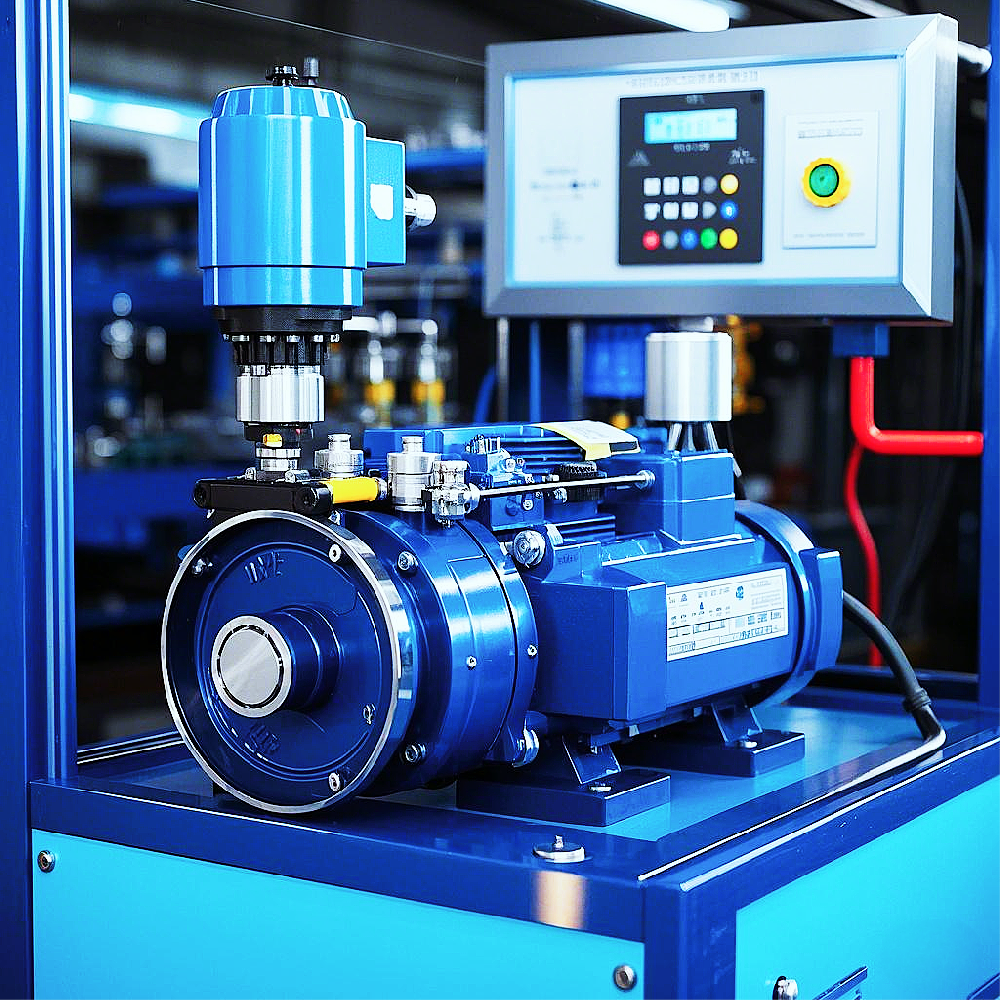The field of hydraulics is undergoing a significant transformation with the integration of advanced technologies such as digitalization and AI. These innovations are enhancing the performance, efficiency, and reliability of hydraulic systems while maintaining their core components. The key focus is on making the hydraulic control system more intelligent, lightweight, and simplified.
Digitalization and AI Integration
One of the most notable advancements is the integration of digital technologies and AI into hydraulic systems. Digital hydraulics utilize fast on/off valves and advanced control methods to achieve better energy efficiency and control performance. AI algorithms analyze data from sensors to optimize system parameters in real-time, leading to improved efficiency and reduced energy consumption. This also enables predictive maintenance, reducing downtime and extending the lifespan of equipment.
Hybrid Hydraulics
Hybrid hydraulic systems combine traditional hydraulic components with electric technology, enhancing efficiency and reducing environmental impact. These systems are particularly beneficial in off-highway machinery and construction equipment, where energy efficiency and sustainability are critical. They use electric and hydraulic technologies to operate hydraulic accumulators, storing and releasing energy to enhance electric power sources.
Lightweight and Miniaturized Components
Advancements in materials and manufacturing techniques, such as additive manufacturing, are leading to the development of lightweight and miniaturized hydraulic components. These innovations result in more compact and efficient systems, suitable for applications in robotics, automotive, and renewable energy sectors.
Simplified Hydraulic Control Systems
The hydraulic control system is becoming more simplified and user-friendly. Advanced control algorithms and smart sensors enable precise control over hydraulic actuators, allowing for smoother operation and more accurate positioning. This simplification reduces the need for manual intervention, enhancing productivity and safety.

Conclusion
The future of hydraulic systems lies in the integration of advanced technologies such as digitalization and AI. These innovations are making hydraulic systems more efficient, reliable, and environmentally friendly. As technology continues to evolve, we can expect further advancements in areas such as hybrid hydraulics, lightweight components, and simplified control systems, shaping the future of hydraulic engineering.